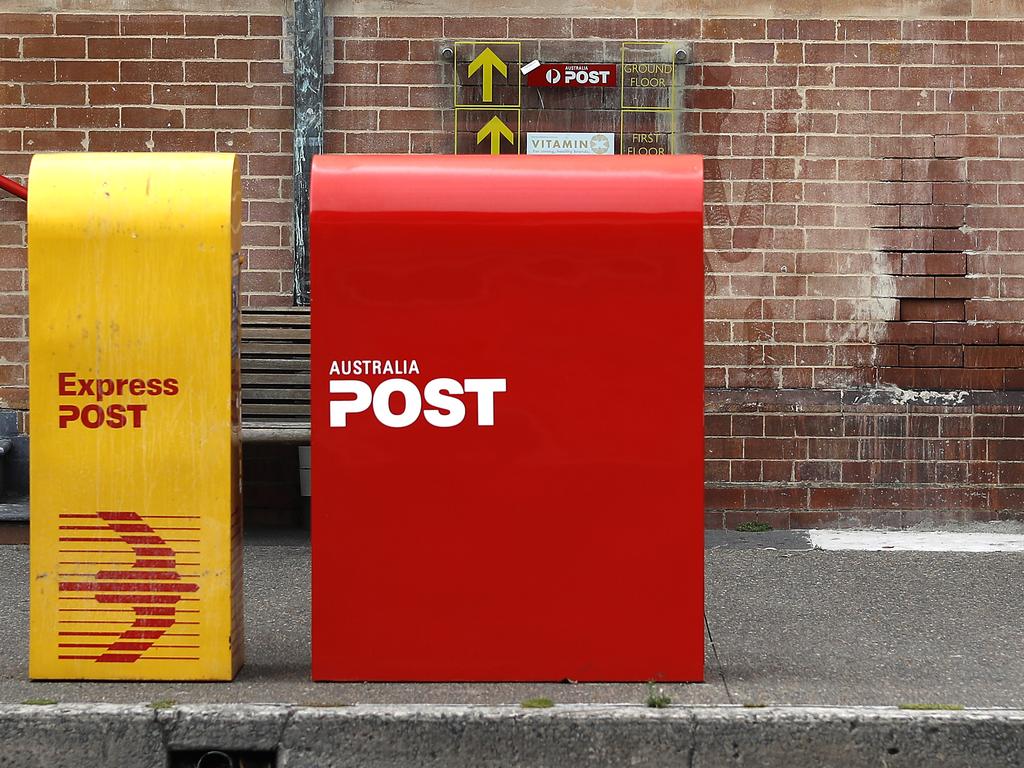Macquarie scouting for opportunities with $9bn war chest
Macquarie Group is seeking to capitalise on COVID-19 financial market dislocation and weaker economic growth to snap up assets around the world.

Macquarie Group is seeking to capitalise on COVID-19 financial market dislocation and weaker economic growth to snap up asset opportunities around the world and deploy a $9bn war chest of capital.
Macquarie’s chief executive Shemara Wikramanayake said the asset management giant and investment bank was approaching the COVID-19 crisis in a similar way to the global financial crisis, to stalk medium-term buying opportunities.
“For now we are giving our businesses the backing in terms of funding, capital and empowerment and they are all actively looking in places where they think there should be opportunity,” she said.
“When the financial crisis happened it wasn’t immediately that the opportunities came up; we had to spend a lot of time reaching out, looking, finding the right things.”
Ms Wikramanayake referred to Macquarie’s key purchase of US asset manager Delaware Investments in August 2009 and the purchase of an aircraft leasing portfolio the following year.
Her comments came as Macquarie shied away from providing annual earnings guidance and reported a 32.4 per cent slump in interim profit for the six months to September 30.
Macquarie’s group capital surplus printed at a record $9.4bn as at September 30, up from $7.1bn six months earlier.
The asset management unit — which houses a stable of infrastructure funds — separately has dry powder of $24.1bn to deploy.
Ms Wikramanayake said while Macquarie was positioning itself to make more acquisitions, it would not rush if asset prices were too high.
“We are a very disciplined investor where we are investing the balance sheet,” she added.
“It’s very much led at the coalface and we are patient about it as well. We are not saying get that capital invested quickly … At the moment we are not seeing huge dislocation because of the huge stimulus that is there from the central banks and the governments.”
Globally, a group led by Macquarie last month lost out on buying GTT Communications’ European fibre assets and data centre infrastructure division. Macquarie has also been linked to sale processes for Italy’s Ital Gas Storage, and one of its funds was part of a consortium that last month agreed to buy a portfolio of Romanian power assets owned by EZ Group.
Locally, Macquarie has over the past two years been linked to a tilt at wealth group AMP, although Ms Wikramanayake wouldn’t comment on any interest in the target on Friday.
Macquarie’s profit dropped to $985m for the six months to September 30, from $1.46bn in the same period a year earlier, but investors cheered the results beating analysts’ expectations and Macquarie’s guidance.
The group’s shares rallied 2.3 per cent to close at $135.45 on Friday, outpacing a 0.8 per cent gain in the S&P/ASX200.
On Macquarie ramping up its acquisition drive, Regal Funds Management portfolio manager Mark Nathan said: “There are opportunities and there will be dislocation. But given the liquidity that has been thrown out there globally, asset prices have rebounded.
“That is unless you are prepared to buy and wait for a turnaround.”
Mr Nathan was referring to assets hit hard by the pandemic, including airports. “They’ve had some poor acquisitions in their time. However, on balance they have a proven track record of good acquisitions,” he added.
Macquarie earns 68 per cent of income outside Australia, with 31 per cent accounted for by the Americas and 25 per cent from Europe, the Middle East and Africa. Australia reflects 32 per cent of total income, while Asia prints at 12 per cent.
Ms Wikramanayake shrugged off suggestions a contested outcome or extended uncertainty around the US presidential election would cause problems for Macquarie in that market.
“Big structural change is not required for us to have huge growth opportunity, and frankly in the US, like in Australia, infrastructure investment is driven at a state and a local county level,” she said.
“Ultimately for our business we have got plenty to get on with, regardless of short-term election outcomes.”
Ms Wikramanayake highlighted that while the US reflected the “biggest revenue pool” for financial services, Macquarie had just 0.5 per cent market share.
The group’s half-year results showed a lot of pressure across its divisions, as uncertainty led to a sharp drop in global deal making and curbed the ability of Macquarie to divest assets.
During the half Macquarie sold European rail assets, while locally its majority stake in software group Nuix may create a big payday if it is sold down in an ASX listing or trade sale.
A higher Australian dollar was also a drag on Macquarie’s results.
The group’s total expected loan loss provision rose to $1.65bn, and the interim result included higher credit and other impairment charges of $447m, up from $139m in the year-earlier period.
Macquarie’s annualised return on equity fell to 9.5 per cent.
The group’s operating divisions all reported worse results, including asset management, which saw its profit contribution decline 5 per cent to $1.06bn. That reflected an income hit from the group’s aircraft leasing joint venture and lower performance fees from investment funds.
Macquarie’s assets under management fell 7 per cent to $556.3bn as at September 30, from the prior six months.
Still, CLSA analyst Ed Henning said Macquarie was continuing its record of under-promising and over-delivering.
“Commodities and global markets, banking and financial services and Macquarie asset management performed better than we expected,” he added. Macquarie declared a $1.35 interim dividend, reflecting a 50 per cent payout ratio, in line with the banking regulator’s COVID-19 guidance. That compared to an interim dividend of $2.50 per share a year ago.
Macquarie reiterated the board’s policy remained a payout ratio of 60-80 per cent.
The investment banking division swung to a net loss of $189m and was a drag on total income, on “significantly lower” investment-related revenue, shrinking fees and commissions and higher impairments.
The commodities unit saw profit contribution fall 5 per cent in the half to $1.08bn, as elevated volatility then turned into subdued activity in the final three months of the half. Banking and financial services delivered a net profit contribution of $317m.








To join the conversation, please log in. Don't have an account? Register
Join the conversation, you are commenting as Logout